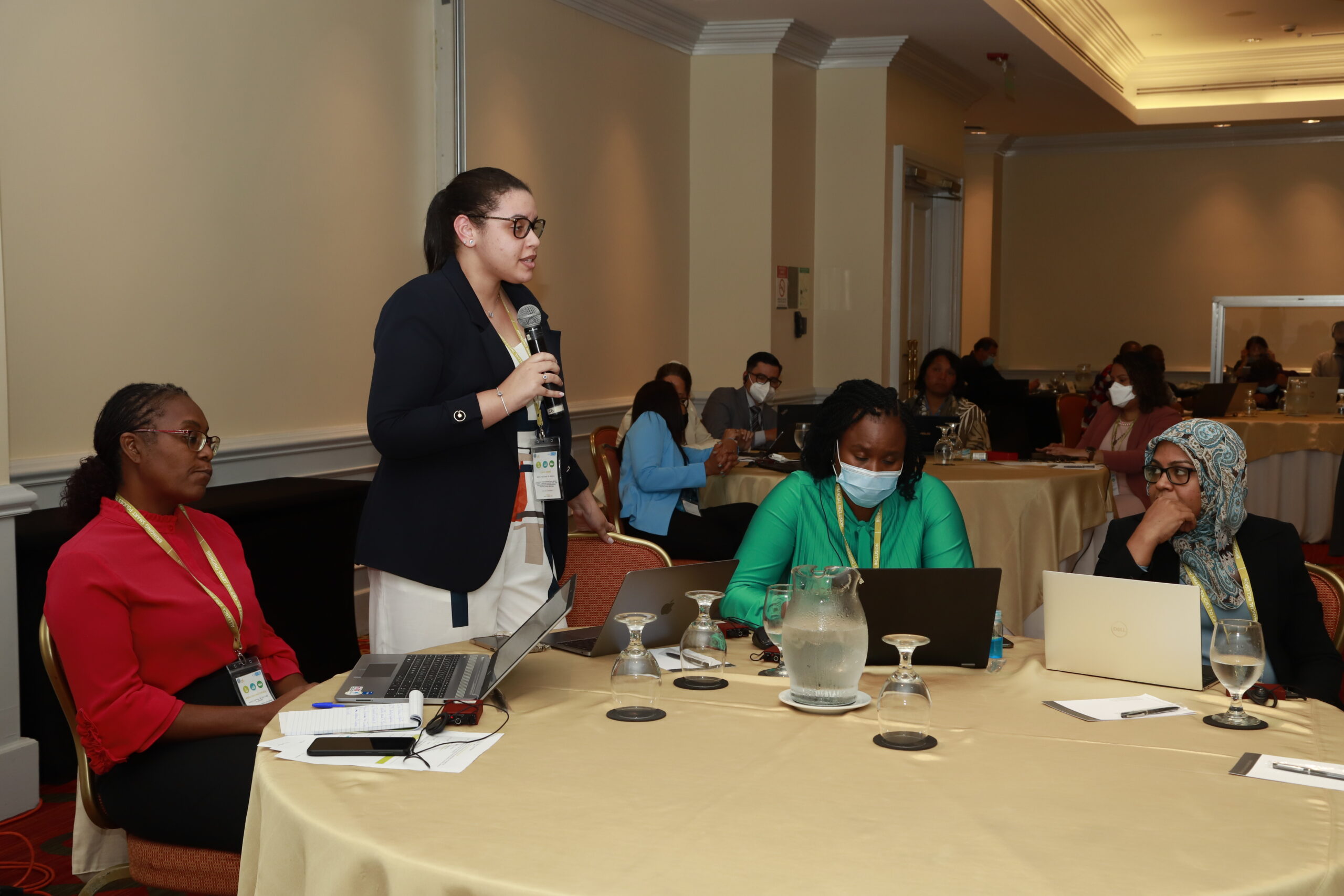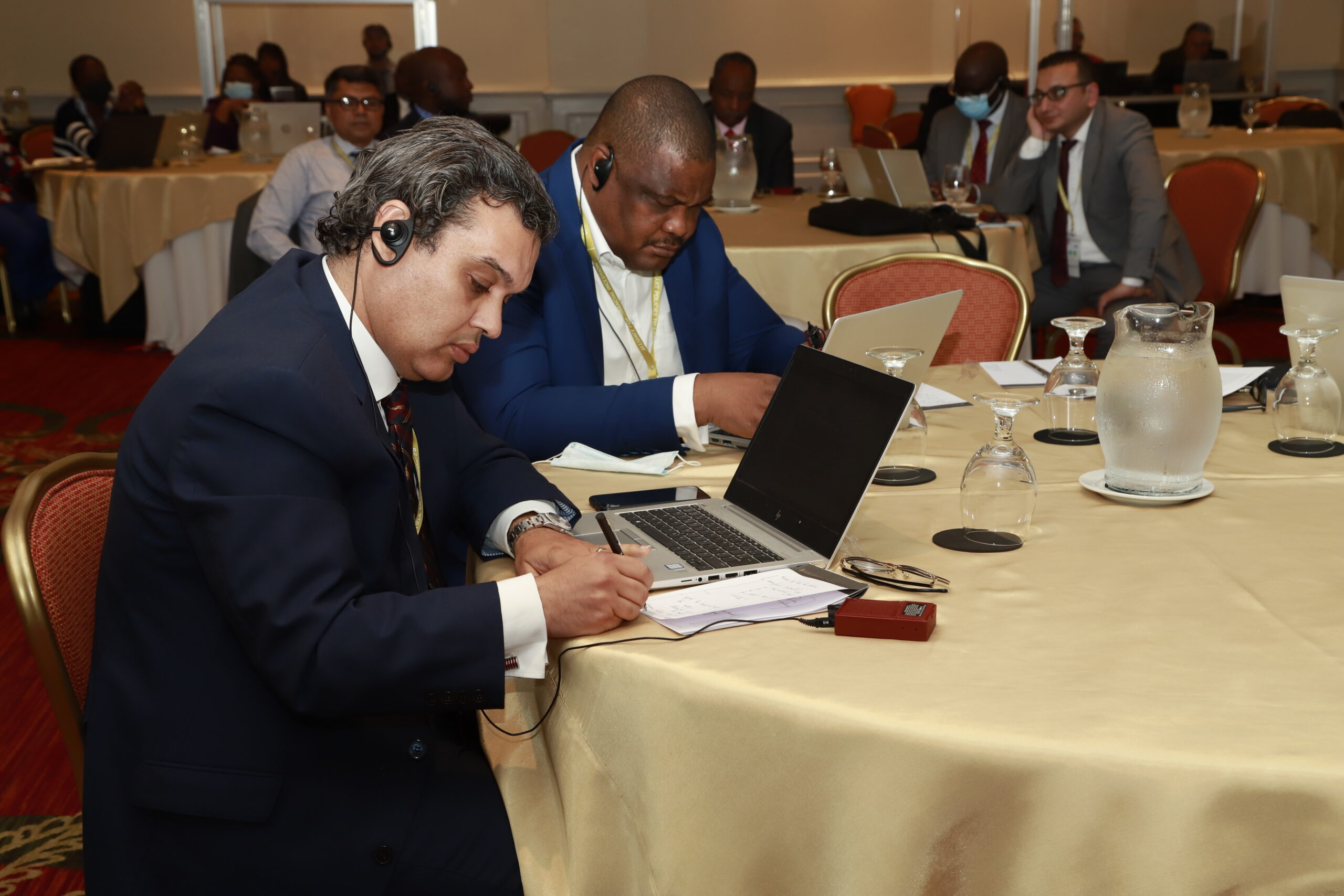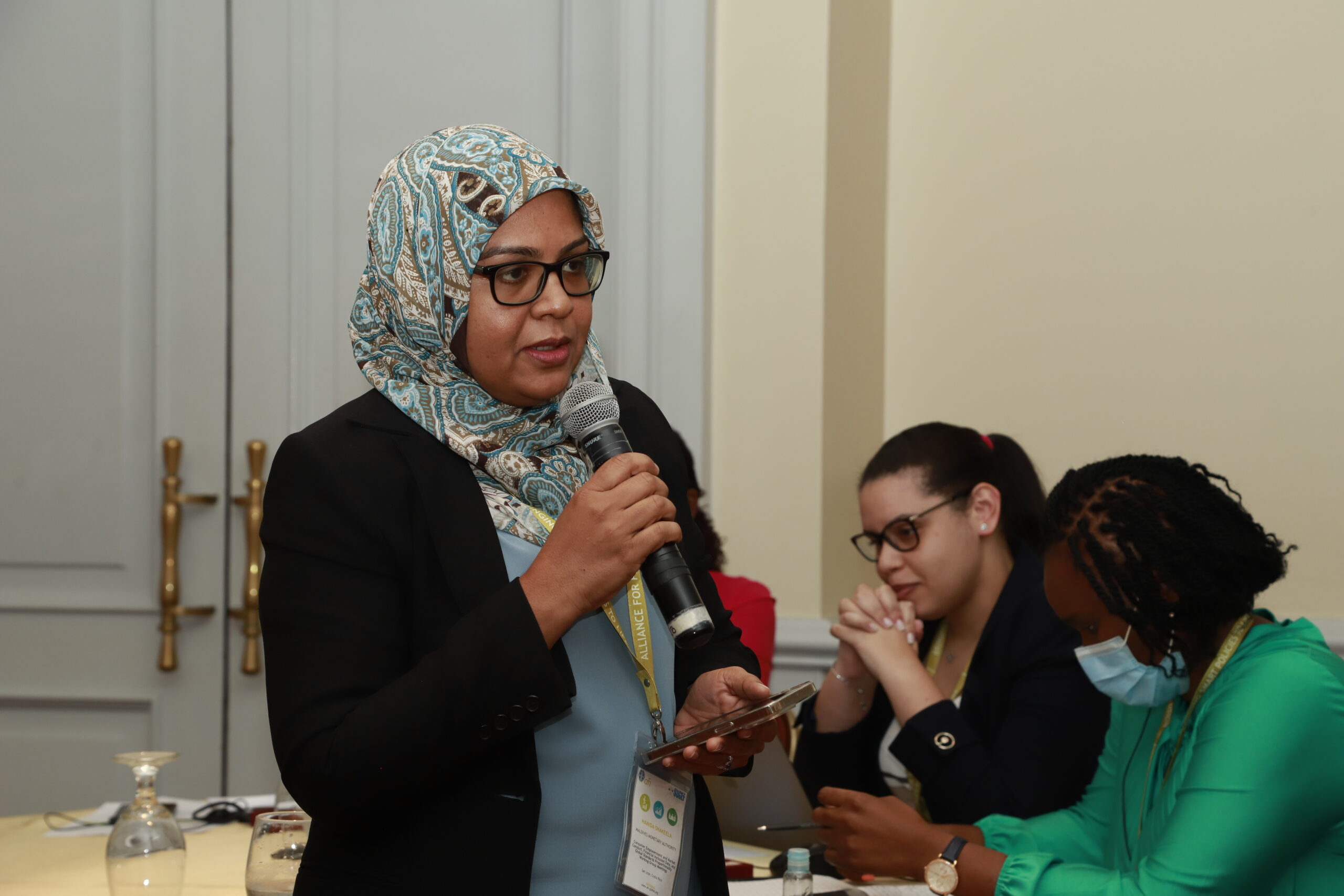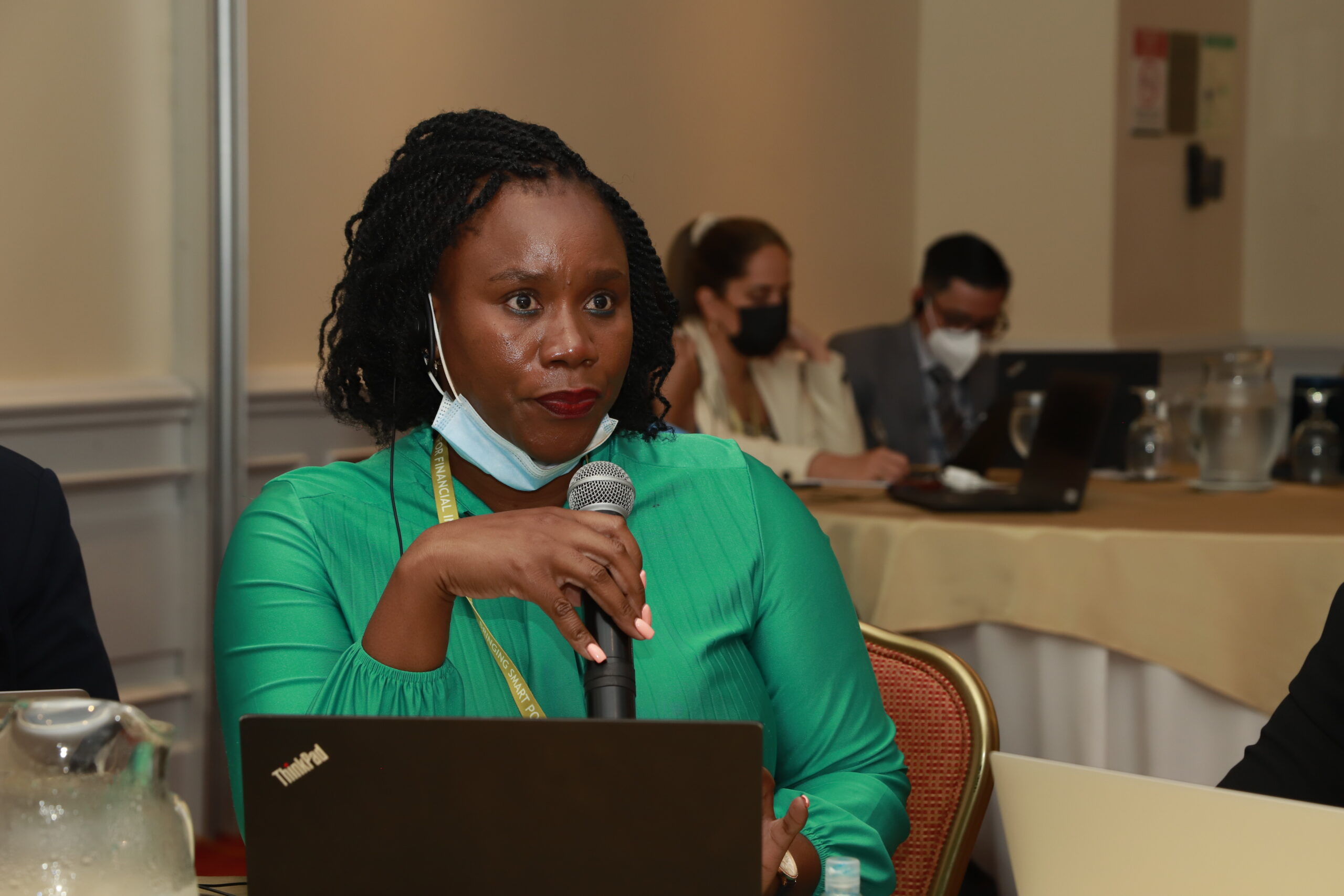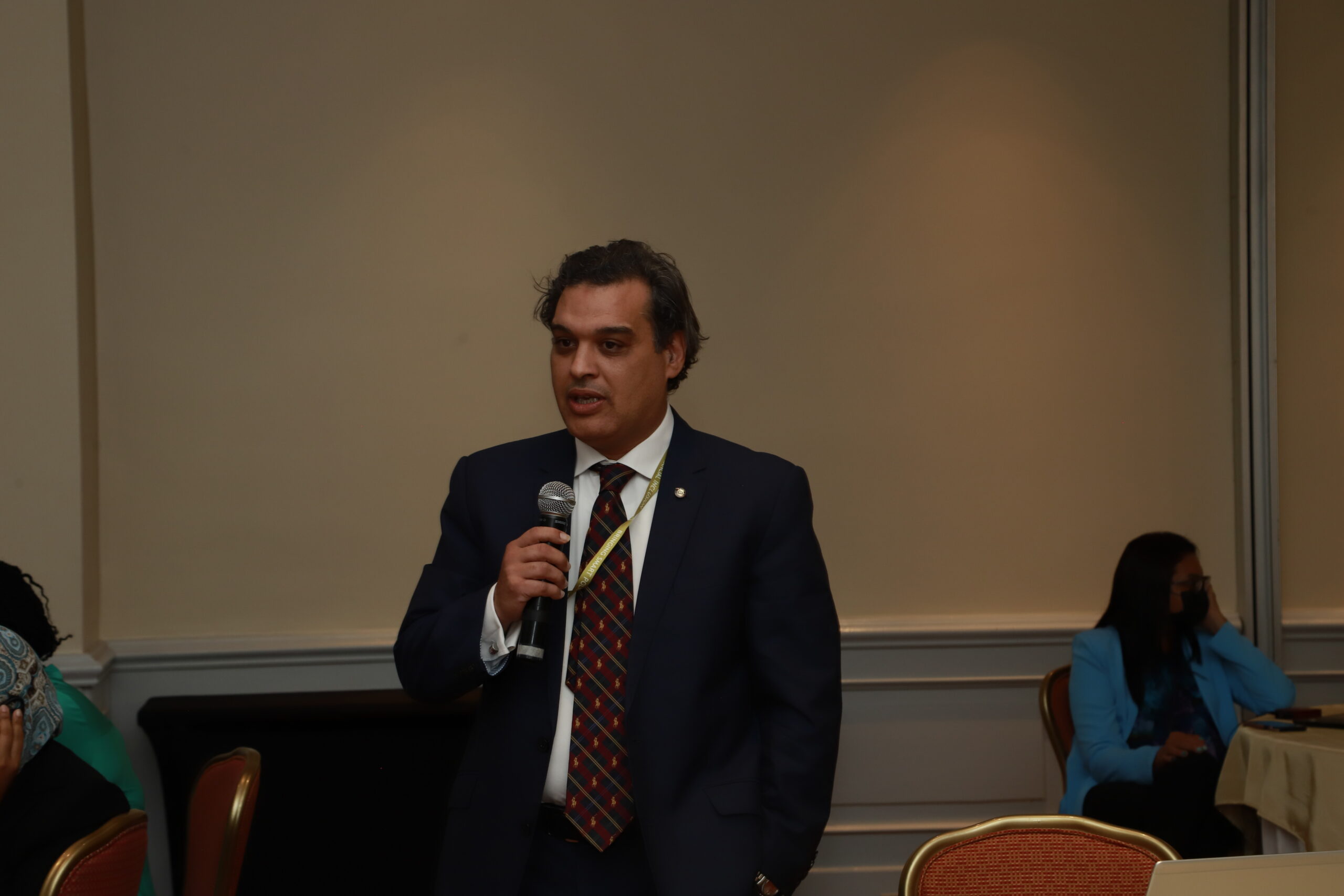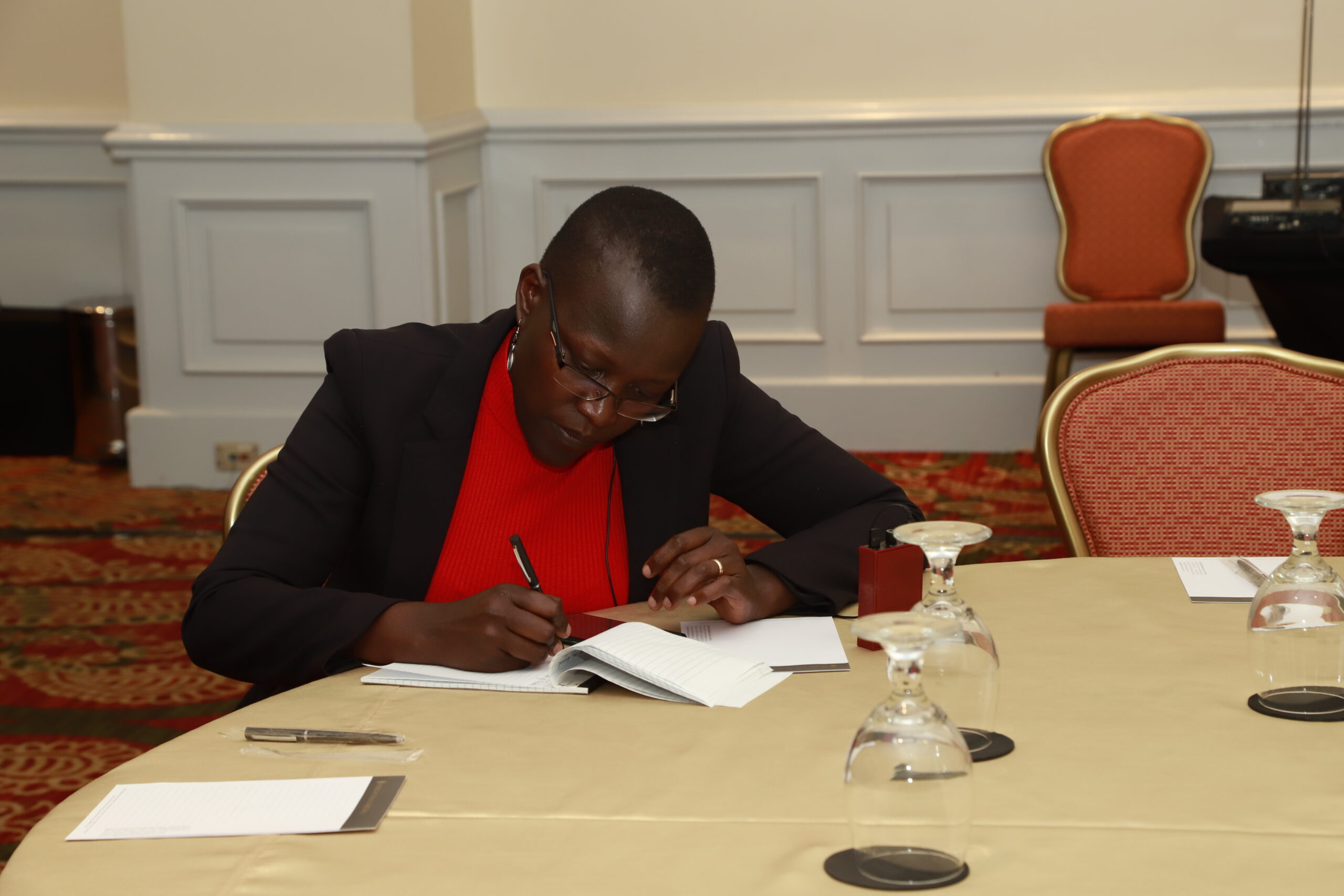By Clarence Blay, GSPWG Chair, Bank of Ghana and Robin Newnham, Head of Policy Analysis & Guidance, AFI
The AFI Global Standards Proportionality Working Group (GSPWG) supports central banks and financial regulators from across developing countries and emerging markets in the AFI network to implement international frameworks for financial integrity and stability with due attention to potential unintended consequences for their financial inclusion goals. At the GSPWG’s most recent meeting held in San Jose, Costa Rica, the members adopted a new workplan for the coming years focused on four principal areas:
1. Inclusive Financial Integrity. Inclusive Financial Integrity can be defined as the sound alignment of financial inclusion and financial integrity goals. By bringing transactions within the formal financial system, financial inclusion contributes positively to a safer financial system. However, where anti-money laundering and terrorist financing controls (AML-CFT) are implemented without sufficient use of the risk-based approach permitted by Financial Action Task Force standards, they can have the unintended effect of excluding persons without formal ID documentation from access to accounts. In particular, this can disproportionately exclude women, and other disadvantaged groups, from financial access.
Technological advancements such as Digital ID systems and the use of electronic Know Your Customer (e-KYC) can catalyse the attainment of Inclusive Financial Integrity, as encapsulated in the recently adopted AFI policy model for Digital ID and E-KYC. The GSPWG will be supporting AFI members to implement proportionate approaches to aligning AML-CFT and financial inclusion policy objectives, and engaging with the FATF and the FATF style regional bodies (FSRBs) to advance towards the realization of Inclusive Financial Integrity in practice.
2. Inclusive Financial Stability. Global frameworks for promoting financial stability underwent significant reform in the years after the global financial crisis in 2008-9, leading to the adoption of the Basel III framework amongst other measures contributing to a more resilient and stress-proof financial system. Whilst such standards allow for proportionality when applied to non-systemically important financial institutions, it has been documented that developing countries are often under pressure to implement or even go beyond the latest standards and have seldom been proportionate in implementation. In addition, they can lack adequate tools and mechanisms to monitor potential impacts of the implementation of the standards on financial inclusion and other development goals, for example access to credit for Micro, Small and Medium size Enterprises (MSMEs).
The rapid growth in recent years of non-bank financial institutions, such as non-bank e-money issuers, though beneficial to advancing financial inclusion, raises the importance of appropriate risk assessment and stress testing of such entities. Furthermore, the emerging fields of climate and biodiversity risks to financial stability, need to be integrated across existing financial stability frameworks. The GSPWG will be facilitating peer learning on these topics as well as engagement with the respective standard setting bodies (SSBs), academic researchers, and International Organizations to ensure policymakers in the AFI network are equipped with tools and guidance to implement effective and proportionate approaches to regulation and supervision.
3. Virtual Assets Policy and Regulation. The proliferation of virtual assets (also referred to as crypto assets or digital assets) in recent years has raised the need for policymakers and regulators to develop frameworks which respond to potential financial integrity, stability and consumer protection risks of such innovations. At the same time, such innovations hold promise for increased efficiency in areas such as digital micro-payments, cross-border remittances, and humanitarian payments in crisis contexts. Policy approaches to virtual assets amongst AFI member countries currently vary widely from outright prohibition to licensing and supervision frameworks for Virtual Asset Service Providers (VASPs), AML-CFT and/or tax requirements, through to recognizing certain virtual assets as legal tender. At the global level, the FATF has in recent years extended its standards to require countries to appropriately assess and mitigate the ML-TF risks arising from virtual assets, whilst the Financial Stability Board (FSB), International Monetary Fund (IMF) and others have highlighted potential financial stability risks, particularly those arising from the growing use of stablecoins as an interface between crypto and fiat currencies. The GSPWG will conduct research in this area with the aim of mapping financial inclusion use cases arising from innovation in the virtual assets ecosystem, as well as providing guidance on regulatory approaches to align inclusion, integrity, stability and consumer protection goals in this emerging field.
4. Financial Inclusion Country Assessments. Members of AFI are currently assessed for their compliance with global standards through a number of processes, such as FATF Mutual Evaluations and Financial Sector Assessment Programs conducted by IMF and World Bank. Whilst such assessments can include limited consideration of financial inclusion context, there is no formal assessment process focussing exclusively or primarily on a country’s state of financial inclusion. The GSPWG therefore will be developing process guidance for a financial inclusion country assessment service within AFI, which will examine members’ implementation of AFI Policy Models and other key guidance notes agreed by the membership. The outcome of a country assessment will inform recommendations to a member for further advancement towards their financial inclusion goals.
Collectively, the GSPWG’s work in these four priority areas will support the AFI network in the proportionate implementation of global financial standards whilst facilitating advances towards full financial inclusion in each member country.

 About
About
 Online
Online
 Data
Data













